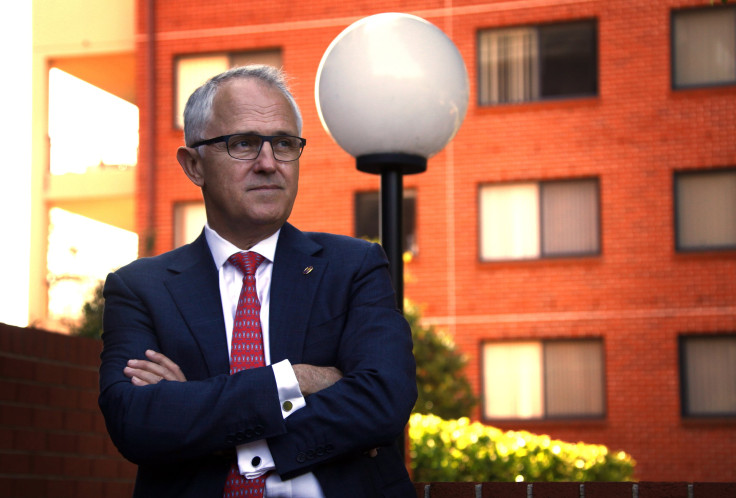Turnbull’s interview with David Speers reveals his mission and vision

Prime Minister Malcolm Turnbull revealed his governance plans for the future but refused to answer questions regarding current and upcoming policies during his one-on-one interview with Political Editor David Speers on Wednesday in Canberra.
Mr Turnbull avoided talking about the sudden leadership change in Australia last week. “I’ve made a practice of not talking about leadership issues before I was the leader and I’m not going to talk about them after I’ve become the leader. The decision to challenge was entirely mine,” he specified on Sky News. He also refused to answer the question about whether Foreign Minister Julie Bishop and Treasurer Scott Morrison were informed about the leadership ballot before it took place.
Mr Turnbull also said former PM John Howard's cabinet was the “gold standard” of cabinet process, and expressed his wish to achieve the same during his leadership. He acknowledged Howard as the leader who set up a solid and traditional but business-like cabinet government, and that bringing back Howard’s staff, Liberal Senator Arthur Sinodinos, as the cabinet secretary would help him establish the same form of government.
In terms boosting business confidence, Mr Turnbull noted confident leadership was key. He said he looked forward to promoting innovation in the working sector, enhancing productivity and profitability, and providing greater incentives to work. When asked about introducing a mini-budget at the end of 2015, he said he did not believe in maing hurried decisions.
As for the controversial China free trade agreement, he said it will prove to be a building block for the country’s economy. Mr Turnbull said that Opposition Leader Bill Shorten has not suggested any specific modifications to the agreement, and called the union campaign organised by the Labor Party as completely anti-Chinese and against the national interest.
When Speers asked him about the details of the agreement, the Australian leader said he had read the summaries and had discussed it with Trade and Investment Minister Andrew Robb.
Speers is a political editor at Sky News Australia. He hosts “PM Agenda” program as well as “The Nation with David Speers” on weekdays.
Contact the writer at feedback@ibtimes.com.au, or let us know what you think below.





















